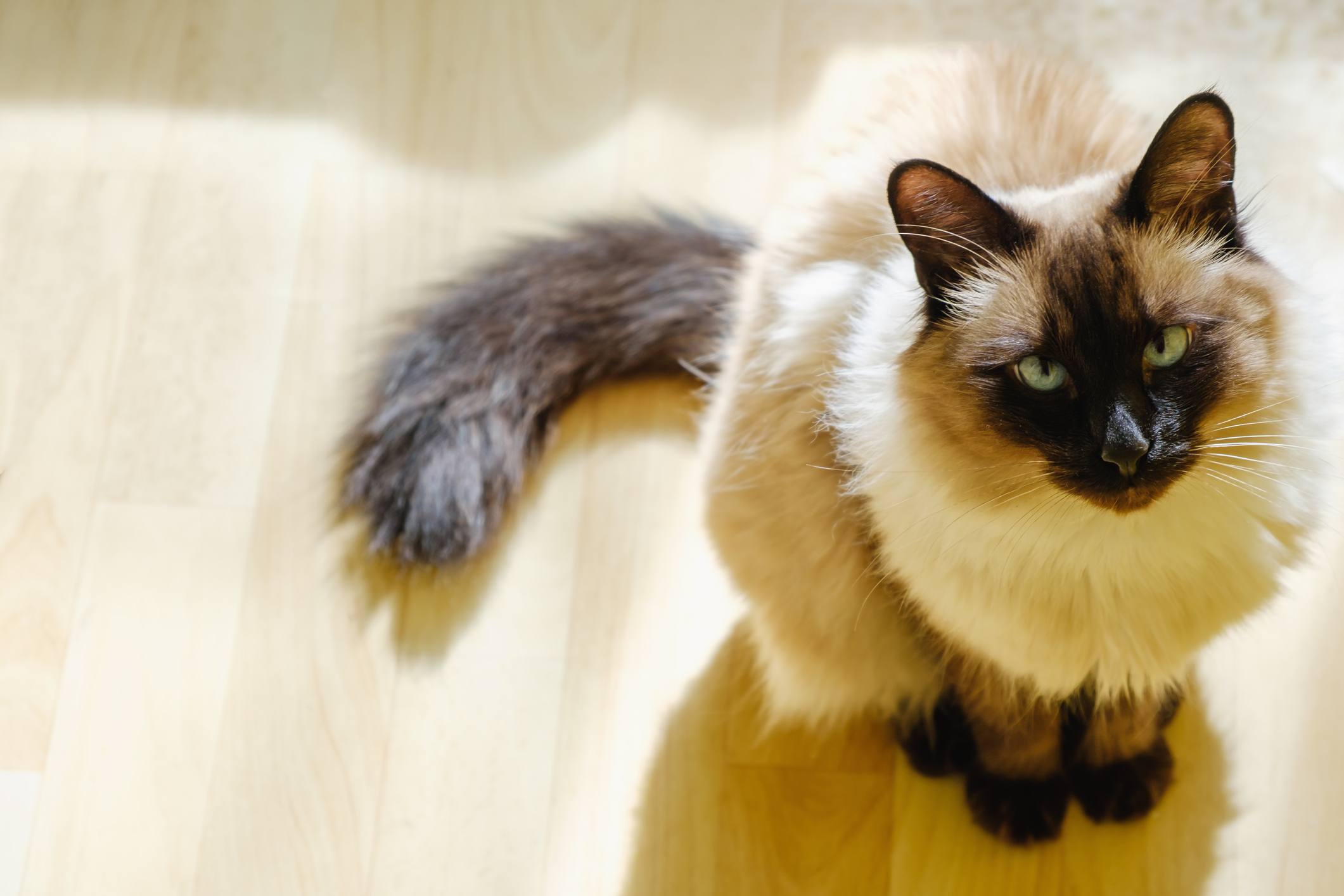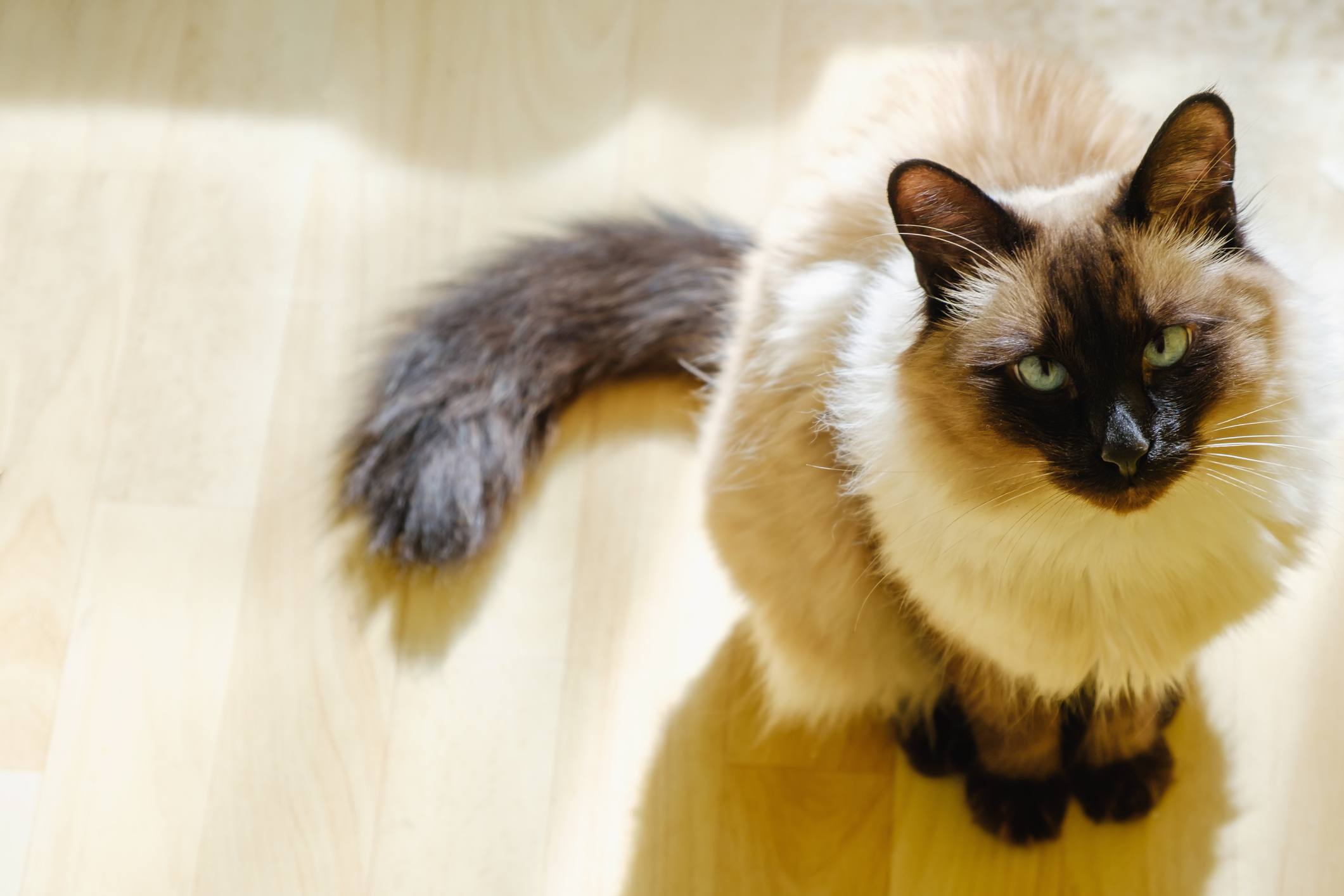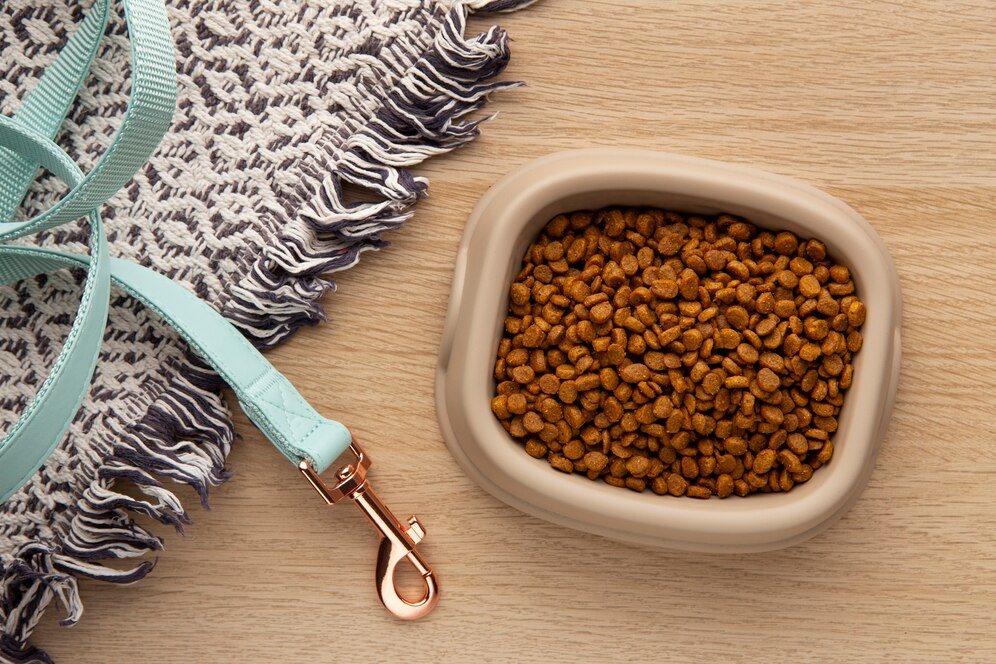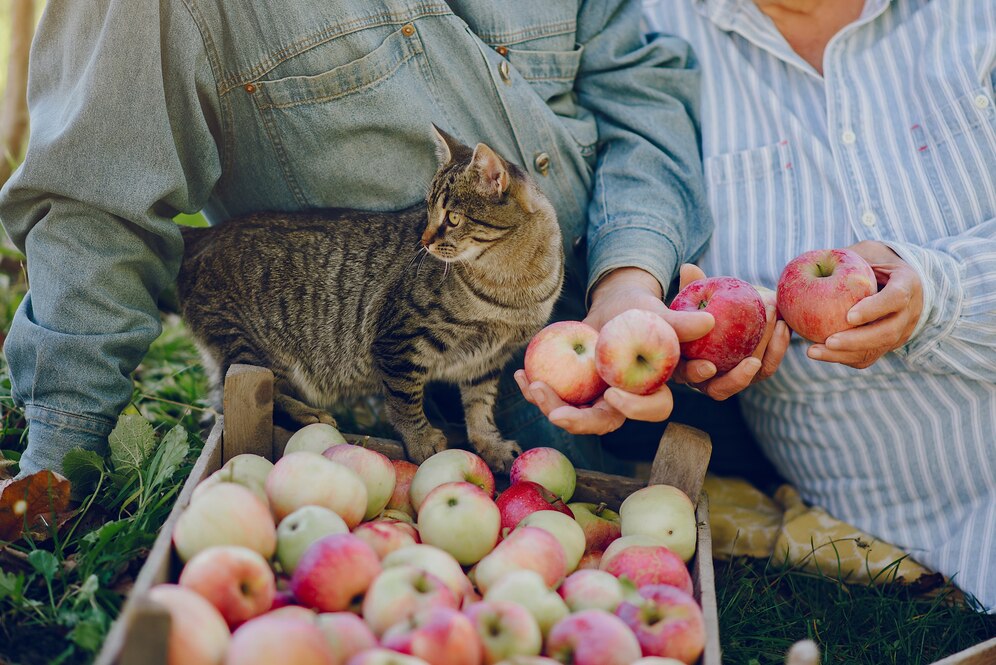Blog
Discover Suitable Foods for Balinese Cats
When it comes to pet ownership, one of the most significant responsibilities is ensuring that your feline friend receives optimal nutrition. The delicate balance of nutrients in a cat’s diet can make all the difference in their overall health and happiness. In this guide, we will help you discover suitable foods for Balinese cats, providing insights into their unique nutritional needs and how to meet them effectively.
Balinese cats are not just stunning creatures with their long, flowing coats and enchanting features; they also require a specialized diet to thrive. Understanding their dietary preferences and necessities is essential for keeping them healthy and vibrant. This comprehensive article will explore the essential nutrients needed by Balinese cats, the types of food best suited for them, and practical tips to keep their diets nutritious and satisfying.
Understanding the Nutritional Needs of Balinese Cats
Recognizing the specific dietary requirements of Balinese cats is the cornerstone of their nutrition. These beautiful felines are obligate carnivores, which means their bodies are inherently built to derive essential nutrients primarily from animal sources. Below, we delve deeper into the critical components that should comprise a balanced diet for these affectionate companions.
The Importance of Protein
Protein forms the foundation of every meal for a Balinese cat. The primary function of protein is to provide the necessary building blocks required for muscles, tissues, enzymes, and hormones. When selecting cat food, aim for a product where a named animal protein source—such as chicken, turkey, or fish—is listed as the first ingredient.
High-quality protein sources deliver numerous benefits. Not only do they support muscle growth and maintenance, but they also enhance immune system functionality, contribute to a lustrous coat, and bolster overall vitality. By focusing on premium protein options, you ensure that your Balinese cat remains energetic and strong throughout its life.
The Role of Fats
While many cat owners may worry about fats leading to weight gain, it’s important to remember that fat is an essential nutrient that serves multiple functions in a Balinese cat’s diet. It acts as a concentrated energy source, aids in the absorption of fat-soluble vitamins (A, D, E, and K), and contributes to maintaining healthy skin and a glossy coat.
Healthy fat sources such as chicken fat, fish oil, flaxseed oil, and coconut oil can offer substantial benefits. A proper balance of fats not only provides necessary energy to fuel your active cat’s daily adventures but also promotes brain function and enhances the palatability of meals. Thus, incorporating appropriate fat sources is vital to ensuring that your Balinese cat enjoys mealtime while reaping the health rewards.
The Necessity of Taurine
Taurine is a unique amino acid that plays an essential role in various bodily functions. For Balinese cats, taurine is critical for maintaining heart health, supporting vision, and enhancing reproductive capabilities. Unfortunately, taurine deficiency can lead to serious complications, making it imperative for pet owners to ensure adequate intake.
Most high-quality cat foods contain sufficient taurine; however, it’s crucial to check the label. Supplementing your cat’s diet with taurine-rich foods ensures that they enjoy not only a longer lifespan but also a better quality of life. Remember, when it comes to your beloved Balinese cat, the nuances of their diet can shape their future health.
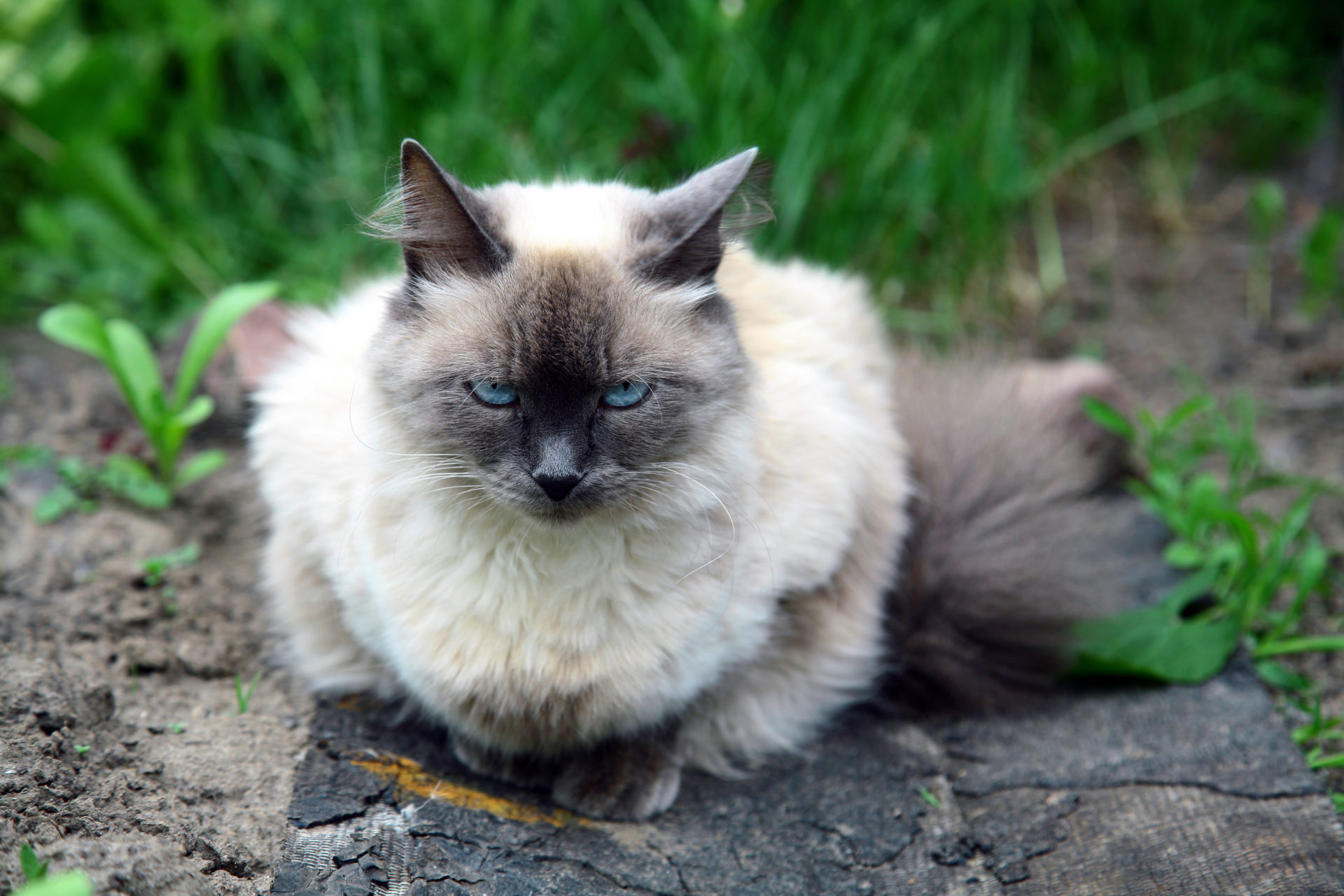
Vitamins and Minerals for Optimal Health
Vitamins and minerals play indispensable roles in supporting various bodily functions. They help facilitate growth, development, immune system support, and overall well-being. Among key vitamins, Vitamin A supports vision and immune function, while Vitamin D promotes calcium absorption. Additionally, Vitamin E acts as an antioxidant, and B-complex vitamins aid in energy production and nervous system health.
Essential minerals like calcium, phosphorus, magnesium, and potassium also contribute significantly to your cat’s health. Calcium and phosphorus are vital for bone health, while magnesium and potassium are involved in muscle function and electrolyte balance. By understanding the importance of these nutrients, you can select cat foods that cater to all of your Balinese cat’s dietary needs.
Including Fiber in the Diet
Though Balinese cats are obligate carnivores, small amounts of fiber can aid in digestive health. Dietary fiber can be found in ingredients like beet pulp and pumpkin, which serve as easily digestible plant-based sources. Incorporating a moderate amount of fiber into your cat’s diet promotes healthy digestion, prevents constipation or diarrhea, and helps maintain a healthy weight.
It’s worth noting that while fiber should complement a carnivorous diet, it should never overwhelm it. Striking the right balance of fiber will ensure that your Balinese cat stays comfortable and satisfied throughout the day.
Hydration: The Unsung Hero
Water is an often-overlooked component of a cat’s diet, yet it holds equal significance. Adequate hydration is crucial for maintaining organ function, aiding digestion, and regulating body temperature. Ensuring that your Balinese cat has constant access to fresh water can prevent dehydration and associated health issues.
Cats, in general, have a low thirst drive and may not drink enough water if they consume dry kibble exclusively. In these cases, consider incorporating wet food options into their diet. Wet food contains higher moisture content, which can greatly contribute to their hydration levels and overall wellness.
Choosing the Right Food for Your Balinese Cat
With a firm understanding of your Balinese cat’s nutritional needs, it’s time to explore different food options available in the market. Selecting the right food requires careful consideration of factors such as ingredient quality, age, breed, and health status. Below, we discuss the various types of food available for your furry companion and how to choose the best option.
>>> Buy now: Merry Catmas Cat Ugly Christmas Burmilla Mom Dad Shirts
Dry Food (Kibble): Pros and Cons
Dry food, or kibble, offers several advantages for busy cat owners. It is typically more affordable and convenient compared to other food types and can help promote dental health through the chewing action. Additionally, dry food has a long shelf life, making it easy to store.
However, one must be aware that dry food tends to contain lower moisture levels, which may not be ideal for Balinese cats prone to urinary tract issues. Therefore, always opt for high-quality kibble formulated specifically for adult cats. Look for products with named animal protein sources as the first ingredient to ensure your cat receives the best nutrition.
Wet Food (Canned or Pouched)
Wet food presents an excellent alternative for providing high moisture content, which is crucial for ensuring proper hydration and promoting urinary tract health. Many Balinese cats find wet food more palatable than dry kibble, making it a great choice for picky eaters.
As with dry food, it’s vital to select wet food that is appropriately formulated for adult cats. Pay close attention to ingredient lists, focusing on those with high percentages of animal protein and limited fillers. This attention to detail will help you provide a satisfying meal that meets your Balinese cat’s dietary needs.
Raw Food Diets: A Natural Approach
For those looking to mimic a cat’s natural diet, raw food diets can be an enticing option. Raw diets emphasize high-quality protein sources and can be highly digestible for Balinese cats. However, introducing a raw diet necessitates careful planning and preparation to maintain a complete and balanced nutritional profile.
Consultation with a veterinarian is crucial before transitioning to a raw food diet. Ensure that the chosen food comes from reputable suppliers and adheres to strict hygiene practices to minimize the risk of bacterial contamination. A well-planned raw food diet can provide your Balinese cat with an array of health benefits, but it requires diligence and research.
Homemade Diets: Personalization at Its Best
Some pet owners prefer to create homemade diets for their furry friends, allowing for precise control over ingredients and the ability to address specific dietary needs or allergies. However, creating a nutritionally complete diet without professional guidance can be a challenge.
If considering a homemade diet, it’s essential to consult with a veterinarian or a board-certified veterinary nutritionist. Following recipes meticulously and ensuring the diet includes all essential nutrients will guarantee your Balinese cat enjoys a wholesome and well-rounded meal plan.
Factors to Consider When Choosing Cat Food
In addition to food types, there are critical factors to consider while selecting food for your Balinese cat:
- Age: Kittens, adults, and senior cats have distinct nutritional needs. Always choose a food formulated for your cat’s particular life stage.
- Health Conditions: If your Balinese cat has any health concerns, such as kidney disease, diabetes, or allergies, look for food designed to address those specific needs.
- Ingredients: Prioritize foods with named animal protein sources upfront. Avoid foods with artificial additives, colors, and flavors.
- Calorie Content: Balinese cats tend to have active personalities, but they can also be prone to weight gain. Choose food that aligns with their activity level.
- Palatability: Ensure your cat enjoys the food! Experiment with different brands and flavors until you find the perfect match for your picky eater.
- Budget: While price is a factor, prioritize quality over cost. Investing in premium cat food pays dividends in terms of your pet’s health
Potential Dietary Concerns for Balinese Cats
Despite their generally robust health, Balinese cats are still susceptible to some dietary concerns. Being proactive and informed can help avert potential issues that may arise.
Urinary Tract Issues
Like many breeds, Balinese cats can experience urinary tract issues. Prevention strategies include encouraging consistent water intake, choosing food formulated to support urinary health, and avoiding foods high in magnesium and ash.
Be vigilant about symptoms such as frequent urination, straining to urinate, or blood in the urine. If you notice these signs, seek veterinary assistance promptly.
Food Allergies
Food allergies may develop in some Balinese cats, with common allergens including beef, dairy, chicken, and fish. Symptoms can manifest as itching, skin rashes, vomiting, and hair loss. If you suspect your cat has a food allergy, consult your veterinarian to identify the allergen and switch to an appropriate diet.
Be Wary of Obesity
Obesity is another concern for Balinese cats, particularly if they are overfed or lack adequate exercise. The key to preventing obesity lies in moderation and regular physical activity. Monitor your cat’s weight closely and adjust their food intake based on their age and activity levels.
Symptoms of obesity include increased body weight, difficulty grooming, lethargy, and labored breathing. Consult your veterinarian for tailored advice on managing your cat’s weight.
Pancreatitis Awareness
Pancreatitis—an inflammation of the pancreas—can occur due to dietary indiscretion or certain food ingredients. Symptoms include vomiting, diarrhea, abdominal pain, and lethargy. If you suspect pancreatitis, immediate veterinary intervention is essential.
Feeding Guidelines and Tips
To promote optimal health, following feeding guidelines and establishing good habits is crucial. Here are some effective strategies for feeding your Balinese cat:
Establish a Feeding Schedule
Feeding your cat at regular intervals helps regulate their appetite and prevent overeating. Create a structured routine, whether you opt for multiple smaller meals or two larger ones per day.
Follow Feeding Guidelines
Ensure you follow the feeding guidelines provided on the cat food package. Adjust the amounts according to your cat’s weight, activity level, and body condition. Monitoring portion sizes is key to maintaining a healthy weight.
Offer Fresh Water Daily
Always ensure your Balinese cat has access to clean, fresh water. Invest in a pet water fountain, if possible, to encourage them to stay hydrated.
Monitor Weight Regularly
Assess your cat’s weight on a regular basis. Track any changes and make adjustments to their food intake as needed to maintain a healthy body condition.
Gradual Introductions to New Foods
When switching to a new type of food, introduce it gradually over several days to avoid digestive upset. Mix the new food with the old to help ease the transition.
Consult Your Veterinarian
If you have any doubts or concerns regarding your cat’s diet, don’t hesitate to reach out to your veterinarian. They can provide personalized recommendations based on your cat’s individual needs and preferences.
Discovering suitable foods for Balinese cats is an essential endeavor every cat owner should undertake to ensure their furry companions live long, healthy, and happy lives. By understanding their specific nutritional requirements and staying informed about available food options, you can make empowered choices that contribute to their overall well-being. Balinese cats deserve the best nutrition, and with diligent care and attention, you can provide them with the balanced diet they need to thrive.
>>> Read more: Tips for Taking Care of Long-Haired Cats Coats

